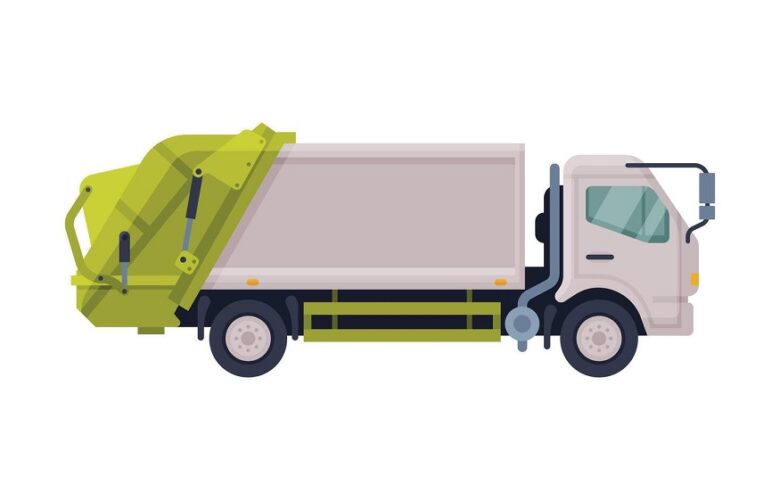Starting a small business is no less than a leap of faith. You put in your savings, time, energy, and often your peace of mind, hoping to build something of your own. But somewhere along the way, many businesses that start with a promise shut down. One of the biggest reasons? Poor financial planning. To avoid last-minute cash flow issues, using an instant loan app can help entrepreneurs access quick funds and keep their business operations steady.
It’s not always about a lack of effort or even a bad idea. More often than not, small businesses fail because they don’t manage their money well.
The Gap Between Passion and Planning
Many small businesses in India are born out of passion. These are familiar stories: a bakery that starts in a home kitchen, a digital marketing freelancer turning into an agency, or someone leaving a job to run a boutique. But what’s also common is skipping the number work.
Many founders don’t make a proper financial plan before starting. They have a rough idea of costs, maybe a mental picture of how much they want to earn, but no detailed cash flow, monthly budget, or plan for slow months. That’s where the cracks begin to show. In such times, an instant cash loan can provide crucial short-term support to cover urgent expenses and keep the business running.
Cash Flow: The Real Dealbreaker
Most small businesses don’t shut down because they’re not profitable. They shut down because they ran out of cash. You could have a healthy order book, but you’re stuck if your clients pay after 60 days and your rent and salaries are due next week.
Cash flow is about timing. A profit on paper doesn’t help if there’s no money in your account when you need to pay bills.
What often goes wrong:
- Too much money is stuck in inventory.
- Delayed payments from clients.
- No buffer for emergency expenses.
- Poor follow-up on receivables.
- No Clear Budget, No Spending Limits
Many business owners treat revenue like personal income. Once the money comes in, they start spending freely on better furniture, a new website, and even hiring more people. But without a budget, there’s no discipline.
If you don’t know how much you can afford each month, you’ll end up overspending in good months and struggling in bad ones.
The smarter approach:
- Set monthly caps for every expense category
- Track your spending weekly, not monthly.
- Separate your personal and business accounts from day one.
Pricing Without Calculations
Another common mistake is setting prices without knowing the real cost of your product or service. Many entrepreneurs just look at what competitors are charging and match that, but their cost structure may be completely different.
If your price doesn’t cover raw materials, labour, rent, taxes, marketing, and a small profit margin, you’re digging a hole every time you make a sale.
Fix this by:
- Calculating the actual cost per unit/service
- Including indirect costs like electricity, packaging, and delivery
- Reviewing pricing every few months as your expenses change
Ignoring Taxes and Legal Costs
Many small business owners don’t factor in the cost of taxes when planning. You might think your profit is ₹50,000, but once GST, TDS, and income tax kick in, you may be left with much less.
Also, ignoring regulatory compliance can lead to sudden penalties, eating into your cash reserves and damaging your reputation.
What helps:
- Work with a part-time CA or financial advisor.
- Schedule quarterly reviews of tax liabilities.
- Keep digital records of all income and expenses.
No Emergency Fund
Every business has ups and downs. A cancelled order, a lost client, or a health emergency can throw off your finances overnight. Yet very few business owners keep a safety fund.
Even a minor setback can turn into a shutdown with no cushion.
Ideally:
- Keep 3–6 months of expenses aside in a liquid fund.
- Don’t dip into it unless necessary.
- Rebuild it immediately if you use it.
Growth Without Planning
Rapid growth sounds like a good problem to have. However, unplanned growth can be dangerous. You risk burning through your cash if you suddenly scale up, hire more people, take bigger office space, or invest in more stock without knowing how to sustain it.
Always ask:
- Can I afford this expense for the next 6 months?
- Will this bring in consistent revenue, or is it a one-time bump?
- Do I have enough working capital to handle scale?
Conclusion
Financial planning is not just about Excel sheets and accounting software. It’s about survival. It’s about knowing where your money is coming from, where it’s going, and how to make it last.
A great product, strong work ethic, and customer love won’t save a business that doesn’t manage its money well. But a financially disciplined business, even with modest revenue, has a fighting chance to stay in the game, grow slowly, and eventually thrive.
Start small. Plan monthly. Keep track. Review often. That’s all it takes.




